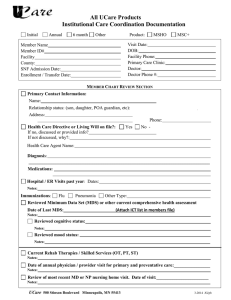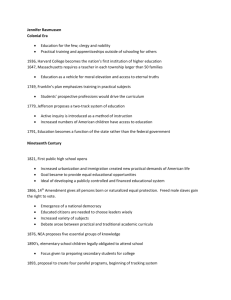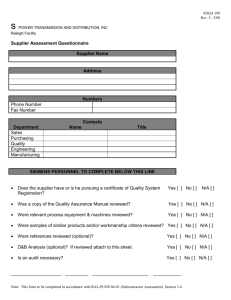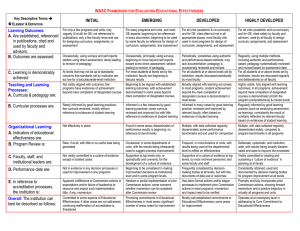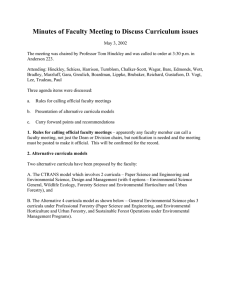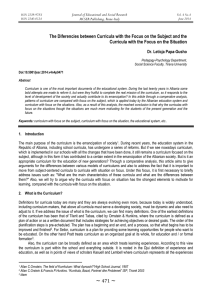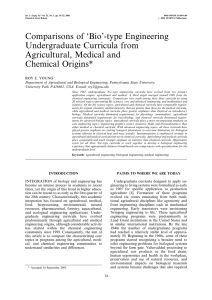THE ASSESSMENT PROCESS: FUNDAMENTAL QUESTIONS
advertisement
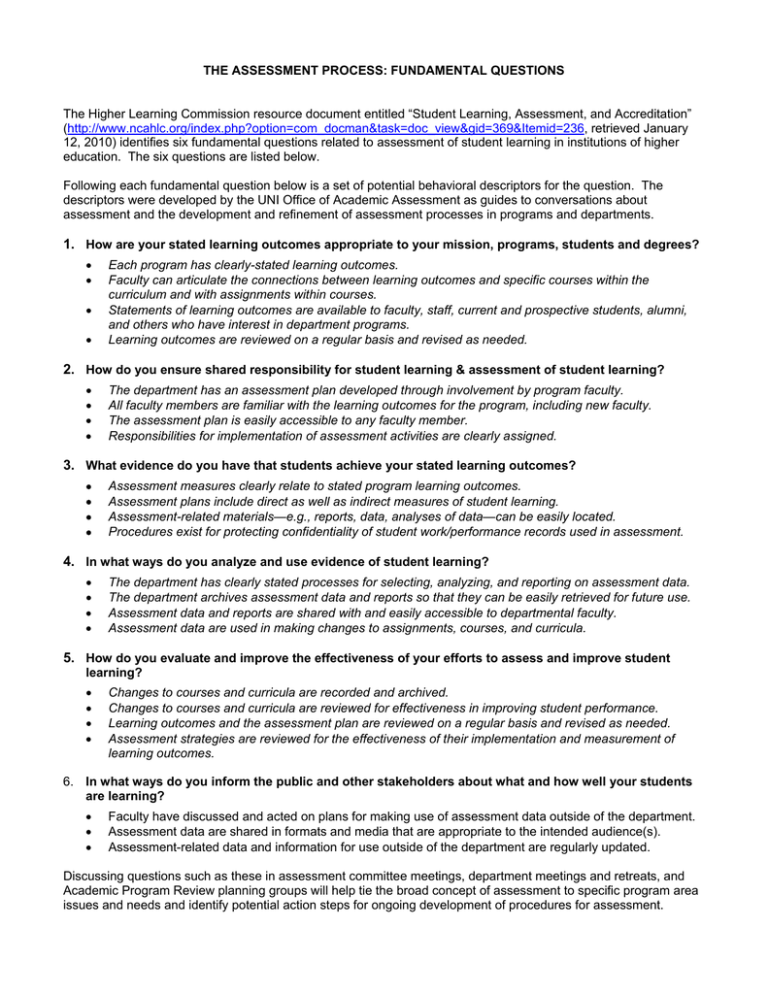
THE ASSESSMENT PROCESS: FUNDAMENTAL QUESTIONS The Higher Learning Commission resource document entitled “Student Learning, Assessment, and Accreditation” (http://www.ncahlc.org/index.php?option=com_docman&task=doc_view&gid=369&Itemid=236, retrieved January 12, 2010) identifies six fundamental questions related to assessment of student learning in institutions of higher education. The six questions are listed below. Following each fundamental question below is a set of potential behavioral descriptors for the question. The descriptors were developed by the UNI Office of Academic Assessment as guides to conversations about assessment and the development and refinement of assessment processes in programs and departments. 1. How are your stated learning outcomes appropriate to your mission, programs, students and degrees? • • • • Each program has clearly-stated learning outcomes. Faculty can articulate the connections between learning outcomes and specific courses within the curriculum and with assignments within courses. Statements of learning outcomes are available to faculty, staff, current and prospective students, alumni, and others who have interest in department programs. Learning outcomes are reviewed on a regular basis and revised as needed. 2. How do you ensure shared responsibility for student learning & assessment of student learning? • • • • The department has an assessment plan developed through involvement by program faculty. All faculty members are familiar with the learning outcomes for the program, including new faculty. The assessment plan is easily accessible to any faculty member. Responsibilities for implementation of assessment activities are clearly assigned. 3. What evidence do you have that students achieve your stated learning outcomes? • • • • Assessment measures clearly relate to stated program learning outcomes. Assessment plans include direct as well as indirect measures of student learning. Assessment-related materials—e.g., reports, data, analyses of data—can be easily located. Procedures exist for protecting confidentiality of student work/performance records used in assessment. 4. In what ways do you analyze and use evidence of student learning? • • • • The department has clearly stated processes for selecting, analyzing, and reporting on assessment data. The department archives assessment data and reports so that they can be easily retrieved for future use. Assessment data and reports are shared with and easily accessible to departmental faculty. Assessment data are used in making changes to assignments, courses, and curricula. 5. How do you evaluate and improve the effectiveness of your efforts to assess and improve student learning? • • • • Changes to courses and curricula are recorded and archived. Changes to courses and curricula are reviewed for effectiveness in improving student performance. Learning outcomes and the assessment plan are reviewed on a regular basis and revised as needed. Assessment strategies are reviewed for the effectiveness of their implementation and measurement of learning outcomes. 6. In what ways do you inform the public and other stakeholders about what and how well your students are learning? • • • Faculty have discussed and acted on plans for making use of assessment data outside of the department. Assessment data are shared in formats and media that are appropriate to the intended audience(s). Assessment-related data and information for use outside of the department are regularly updated. Discussing questions such as these in assessment committee meetings, department meetings and retreats, and Academic Program Review planning groups will help tie the broad concept of assessment to specific program area issues and needs and identify potential action steps for ongoing development of procedures for assessment.
